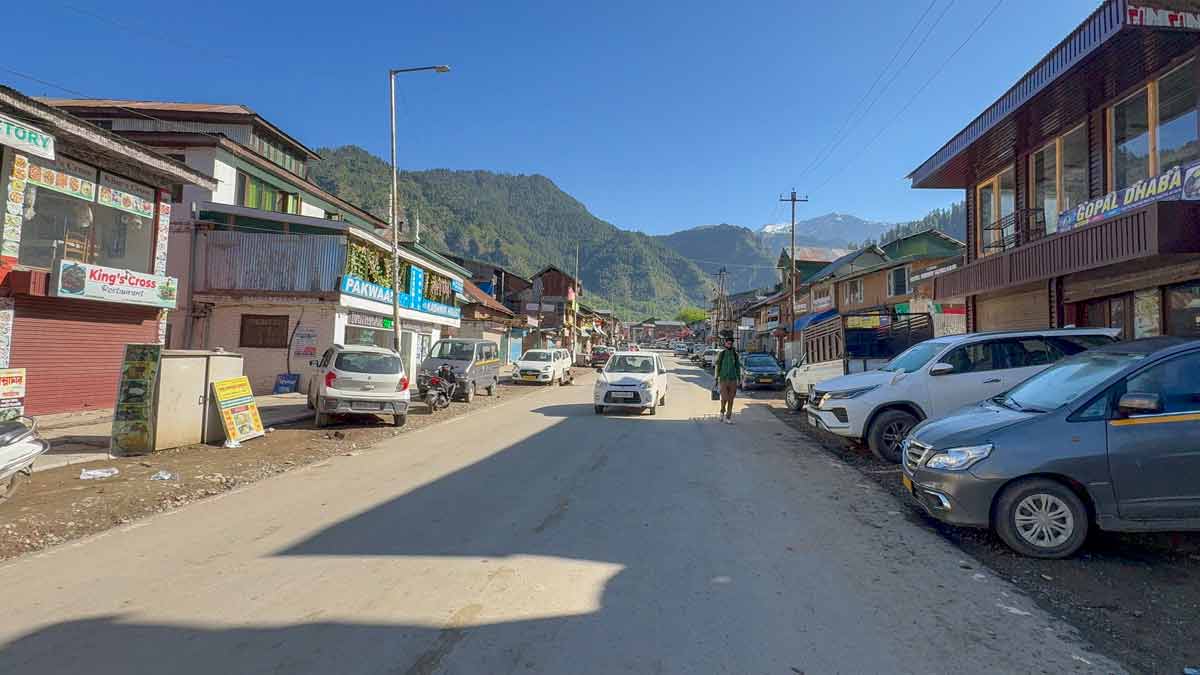One month on, terrorists behind Pahalgam attack still at large
 A near deserted Pahalgam town in Anantnag district of Jammu and Kashmir | PTI
A near deserted Pahalgam town in Anantnag district of Jammu and Kashmir | PTI
It was on April 22 when five terrorists ambushed a tourist spot near Pahalgam in Jammu and Kashmir and sprayed bullets at the trippers after verifying their religious identity. Twenty-five tourists and a local horse rider were shot dead in the most deadly attack in the valley in two decades, sending shock waves across the country and forcing New Delhi to launch unprecedented strikes on multiple terror hubs in Pakistan and Pakistan-occupied Kashmir.
One month on, the security agencies still continue their hunt for the five terrorists behind the attack. Massive search operations have been launched by the National Investigation Agency (NIA) along with the Jammu and Kashmir police across the Union territory to nab the accused. Over a hundred people have been questioned so far, but the probe is yet to make any breakthrough.
Police have released sketches of three of the five terrorists and announced a reward of Rs 20 lakh to those who give information on them.
Meanwhile, security forces have intensified their operations in Kashmir, leading to the neutralisation of multiple terror modules in the region. Last week, six terrorists were killed in two separate encounters in south Kashmir. The encounters took place in the Keller area of Shopian and Nadar area of Tral in Pulwama on May 13 and May 15, respectively. Today (May 22), two terrorists were killed in an encounter with security forces in the Singhpora area of Chatroo in Kishtwar district. One soldier also lost his life in the exchange of fire.
The opposition, which had offered "full support" to the government during India's retaliatory strikes on Pakistan-based terror infrastructure, is now trying to corner the government over the delay in tracking down the Pahalgam attackers.
"Why are the brutal killers of Pahalgam still free? According to some reports, they had been responsible for three earlier terror attacks in Poonch, Gagangir, and Gulmarg over the past 18 months. Why have you not chaired any all-party meeting and taken the opposition parties into confidence?" Congress general secretary Jairam Ramesh asked on Thursday.
India, in response to the Pahalgam attack, targeted nine terrorist hubs in Pakistan and Pakistan-occupied Kashmir under Operation Sindoor in the early hours of May 7, sparking a military confrontation between New Delhi and Islamabad. Both countries agreed to a ceasefire on May 10 after Pakistan DGMO dialed his Indian counterpart.
The Pahalgam attack had also led to New Delhi launching a diplomatic offensive against Pakistan, including the suspension of the Indus Waters Treaty.
India